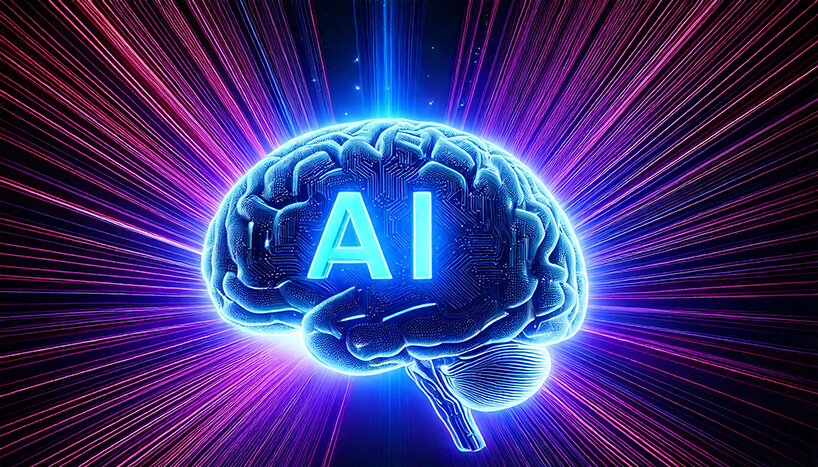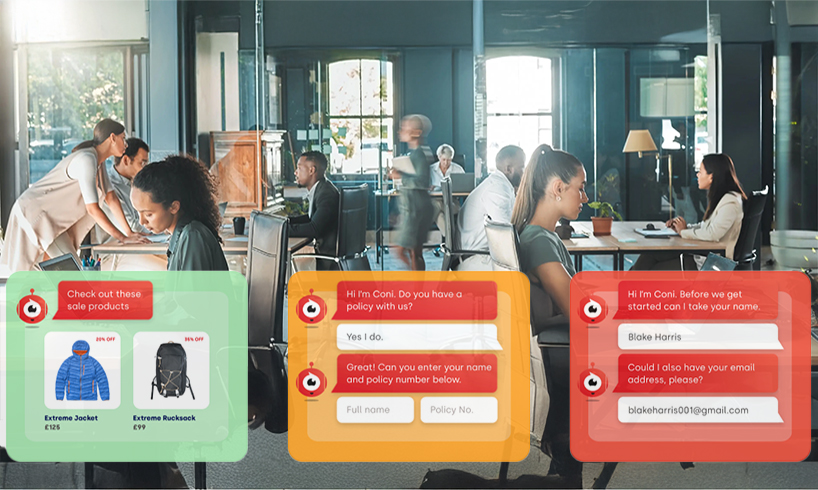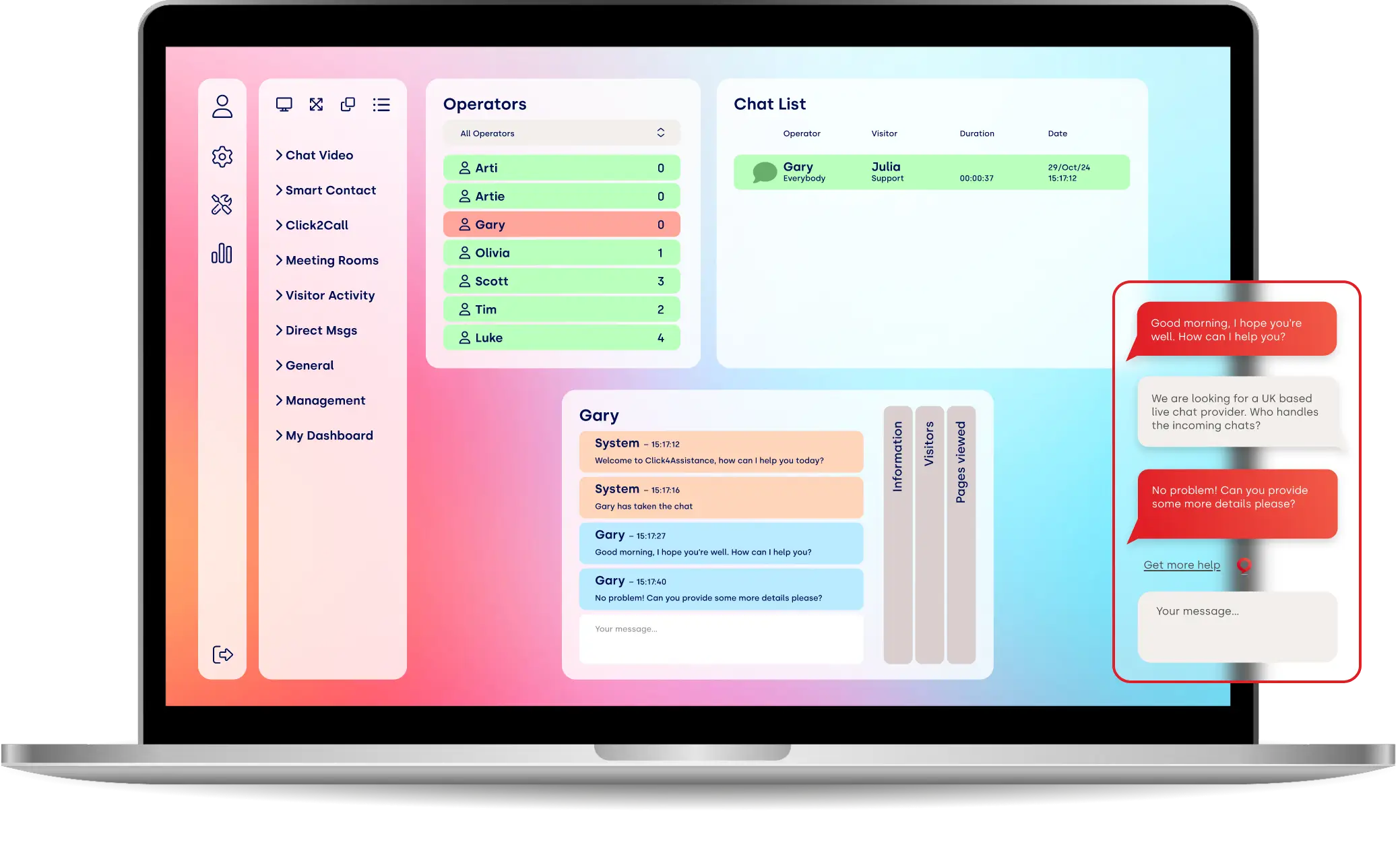AI could replace the equivalent of 300 million jobs

A new Goldman Sachs report highlights the immense impact new AI technologies could have on the global job market, creating wealth for some and destroying it for others.
An incredible report from investment bank Goldman Sachs claims that new artificial intelligence (AI) technologies could replace the equivalent of 300 million jobs globally. If true, that would equate to eliminating all the work done by workers in the US and Western Europe combined. Generative AI can create work indistinguishable from what a human could do in what the report brands “a major advancement.”
While job destruction might be intense over the following years, boffins say that the technology could boost worldwide production by 7 percent, helping lift many poorer nations out of poverty.
How Will Generative AI Affect The UK?
According to a BBC report, the government believes investing in AI will enhance productivity across the UK economy. Technology Secretary Michelle Donelan says ministers want new technologies to complement people’s work, helping them earn more per hour instead of disrupting pay packets. Ultimately, they believe it will drive productivity across the economy, helping the country escape decades-long stagnating wages.
However, the impact of AI will vary substantially across sectors. Maintenance and construction may only lose 4 to 6 percent of jobs to AI, while legal, administrative, and technical professionals could see over 46 percent of jobs destroyed.
As with previous technological revolutions, experts can’t predict how the current wave of AI technologies will affect the job market. Future of Work director at the Oxford Martin School, Carl Benedikt Frey, said generative AI allows more people with average writing skills to produce essays and articles, a move that could potentially drive down journalists’ wages (unless there is a significant increase in the demand for their work).
To support this argument, he reasons by analogy. He says that when GPS technology and Uber entered the London market, taxi drivers took a pay cut of around 10 per cent. Suddenly, knowing all the streets in London was no longer an advantage.
Interestingly, though, the results were lower wages, not fewer drivers. AI will likely have a similar effect on creative industries over the coming years. Some consumers will use technological solutions instead of professionals at the margin, pushing salaries down.
However, AI has the potential to increase wages in other industries. Highly-technical professionals may benefit from automating rote tasks, such as searches and document construction. Meanwhile, researchers and academics could rely on AI to generate hypotheses, journal papers, and experimental designs, helping them increase their annual output.

Will The Impact Be As Large As People Think?
The prospect of AI replacing 300 million jobs seems extreme – and it would be if it occurred overnight. However, the Goldman Sachs report does not say it will play out quickly. Instead, it will take the economy time to adjust to this economic shock as managers, entrepreneurs and institutions learn how to use the new systems.
Goldman’s economists cite research showing that 60 percent of UK workers are now in occupations that didn’t exist in 1940. The results indicated that the economy added jobs faster than technology replaced them.
However, other research doesn’t paint as rosy a picture. It says the situation changed after 1980 when technological job loss exceeded the economy’s capacity to create new professions, meaning generative AI could increase unemployment as workers find themselves unable to find work.
With that said, the chief executive of the Resolution Foundation, Torsten Bell, says that people should take any firm predictions about the impact of AI systems with a pinch of salt. It is unclear, he points out, how fast AI will develop or which firms will implement it. Technology gurus discuss general artificial intelligence as inevitable, but the reality may turn out differently.
However, Bell is keen to point out that AI will almost certainly disrupt the way people work. He notes that the technology could be a force for tremendous good, increasing living standards by enabling cheaper services. He also points out that the UK risks falling behind other major economies and could experience a falling quality of life if it doesn’t embrace the AI revolution.
The World Economic Forum (WEF) stated in a 2020 report that a new generation of machines, fueled by AI and robotics, could replace virtually all existing human jobs. The combination of technologies, it said, could lead to a “double disruption,” as the pandemic pushed many firms to automate pre-existing work with machines.
PriceWaterhouseCoopers (PwC) said that new technologies offer enormous potential benefits to humanity, up to $15 trillion in global GDP by 2030, just seven years away. However, the firm stated they would also bring a considerable human cost. Displaced workers could be unable to quickly or cheaply retrain, leading to severe unemployment and social issues.
Structural features of existing economies could also make AI adaptation challenging. According to the management consulting firm Oliver Wyman, most advanced cities are ill-prepared for the chaos artificial intelligence could bring. In China alone, more than 50 million workers may need to re-skill, while the US will need to retool over 11.5 million people to equip them for the jobs of the future.
What Might An AI-Dominated Future Look Like?
Undoubtedly, AI is the most exciting technological development of the 21st century, pushing social media, DNA-based medicines, and even smartphones down the rankings. It is likely to impact human life and society more than any technology generated so far, even exceeding the human brain.
Near-term, the effects on anyone wanting to learn how to set up live chat on websites will be extreme. Tech billionaire and Twitter Founder Jack Dorsey said it will soon be intelligent enough to write its own software. Even doctors could find themselves in the firing line as machines read X-rays more efficiently and perform surgeries more precisely. Long-term, AI systems could plan and regulate entire economies. Therefore, everyone needs to take them seriously.
























